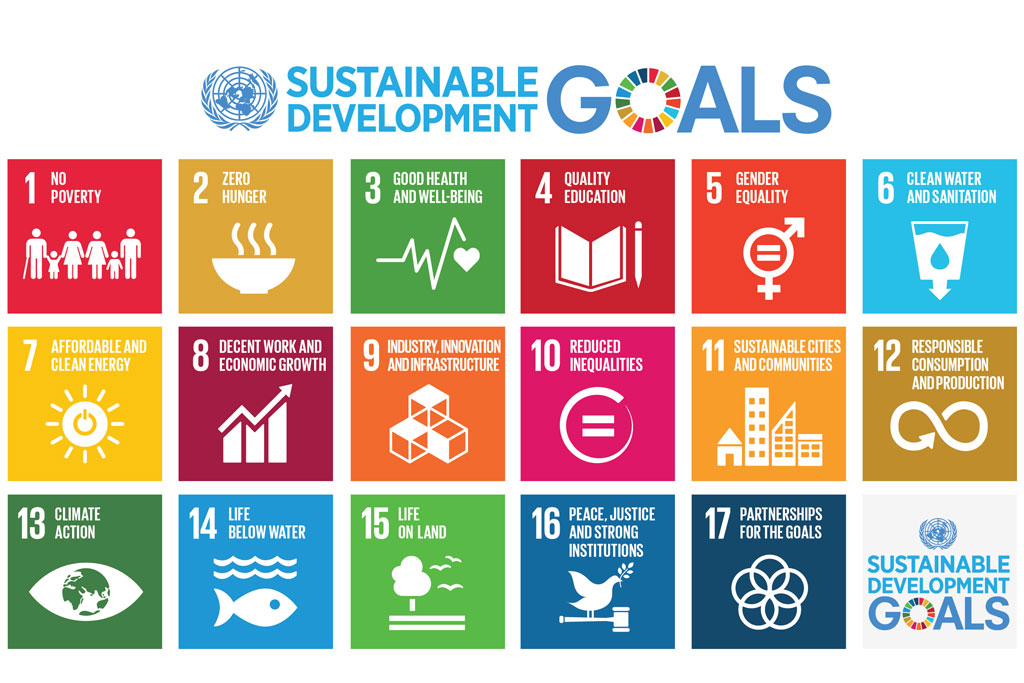


Committed to Sustainable Cities and Human Settlements for All

In Special Consultative Status with ECOSOC

Source: UN in collaboration with Project Everyone
31 January 2017 – Nearly 20 leading global banks and investors, totalling $6.6 trillion in assets, have launched a United Nations-backed global framework aimed at channelling the money they manage towards clean, low carbon and inclusive projects.
The Principles for Positive Impact Finance – a first of its kind set of criteria for investments to be considered sustainable – provide financiers and investors with a global framework applicable across their different business lines, including retail and wholesale lending, corporate and investment lending and asset management.
“Achieving the Sustainable Development Goals (SDGs) – the global action plan to end poverty, combat climate change and protect the environment - is expected to cost $5 to $7 trillion every year through 2030,” said the head of the UN Environment Finance Initiative, Eric Usher, in a press release.
The UN Environment Finance Initiative is a partnership between the UN Environment Programme (UNEP) and the global financial sector created in the wake of the 1992 UN Conference on Environment and Development, widely known as the Earth Summit, with a mission to promote sustainable finance. Over 200 financial institutions, including banks, insurers and fund managers, work with UN Environment to understand today’s environmental challenges, why they matter to finance, and how to actively participate in addressing them.
“The Positive Impact Principles are a game changer, which will help to channel the hundreds of trillions of dollars managed by banks and investors towards clean, low carbon and inclusive projects,” Mr. Usher said.
The Principles provide guidance for financiers and investors to analyse, monitor and disclose the social, environmental and economic impacts of the financial products and services they deliver.
“With global challenges such as climate change, population growth and resource scarcity accelerating, there is an increased urgency for the finance sector both to adapt and to help bring about the necessary changes in our economic and business models,” said Deputy Chief Executive Officer of Société Générale, Séverin Cabannes.
“The Principles for Positive Impact Finance provide an ambitious yet practical framework by which we can take the broader angle view we need to meet the deeply complex and interconnected challenges of our time,” he added.
The Principles were developed by the Positive Impact Working Group, a group of UN Environment Finance Initiative banking and investment members, as part of the implementation of the roadmap outlined in the Positive Impact Manifesto released in October 2015.
Currently, the Positive Impact Working Group includes: Australian Ethical, Banco Itaú, BNP Paribas, BMCE Bank of Africa, Caisse des Dépôts Group, Desjardins Group, First Rand, Hermes Investment Management, ING, Mirova, NedBank, Pax World, Piraeus Bank, SEB, Société Générale, Standard Bank, Triodos Bank, Westpac and YES Bank.
Copyright © Global Forum on Human Settlements (GFHS)
